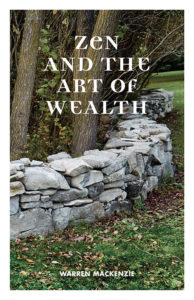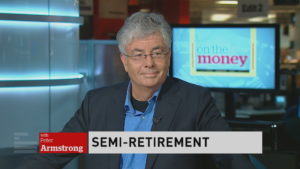If you have young children or grandchildren, you know what’s really important. Yes, it’s Halloween time again, which means you’ll see plenty of witches and vampires scurrying around. You’ll no doubt find these characters more amusing than frightening, but you don’t have to look far to find things that are a bit more alarming — such as these scary investment moves:
Paying too much attention to the headlines
Some headlines may seem unnerving, but don’t abandon your investment strategy just because the news of the day appears grim.
Chasing “hot” investments
You can get “hot” investment tips from the talking heads on television, your next-door neighbour or just about anybody. But even if the tip was accurate at one point, by the time you get to a “hot” investment, it may already be cooling down. And, even more importantly, it simply may not be appropriate for your individual risk tolerance and goals.
Ignoring different types of investment risk
Most investors are aware of the risk of losing principal when investing in stocks. But if you shun stocks totally in favour of perceived “risk-free” investments, you’d be making a mistake because all investments carry some type of risk. For example, with fixed-income investments, including GICs and bonds, one risk you may encounter is inflation risk — the risk that your investment will provide you with returns that won’t even keep up with inflation and will, therefore, result in a loss of purchasing power over time.
Another risk you can incur is interest-rate risk — the risk that new bonds will be issued at higher rates, driving down the price of your bonds. Bonds also carry the risk of default, though you can reduce this risk by sticking with bonds that receive the highest ratings from independent rating agencies.
Failing to diversify
If you only own one type of investment, and a market downturn affects that particular asset class, your portfolio could take a big hit. But by spreading your dollars among an array of vehicles, such as stocks, bonds and government securities, you can reduce the effects of volatility on your holdings. (Keep in mind, though, that diversification cannot guarantee profits or protect against loss.)
Focusing on the short term
If you concentrate too much on short-term results, you may react to a piece of bad news, or to a period of extreme price volatility, by making investment moves that are counterproductive to your goals. Furthermore, if you’re constantly seeking to instantaneously turn around losses, you’ll likely rack up fees, commissions and possibly taxes. Avoid all these hassles by keeping your eyes on the future and sticking to a long-term, personalized strategy.
You can’t always make the perfect investment choices. But by steering clear of the “scary” moves described above, you can work toward your long-term goals and hopefully avoid some of the more fearsome results.
 Fraser Willson is a financial advisor and insurance agent for Edward Jones Investments. He works closely with families and businesses, helping them achieve their investment objectives in an organized and disciplined manner.
Fraser Willson is a financial advisor and insurance agent for Edward Jones Investments. He works closely with families and businesses, helping them achieve their investment objectives in an organized and disciplined manner.








